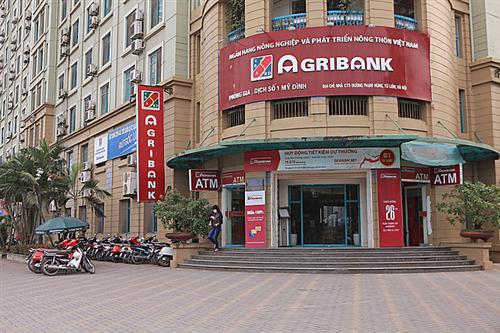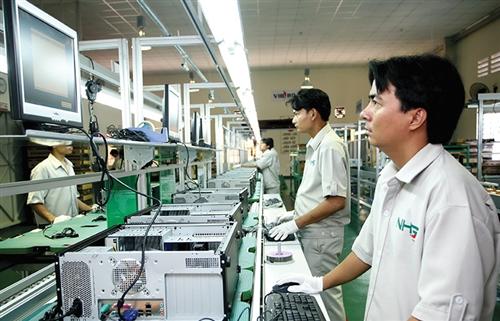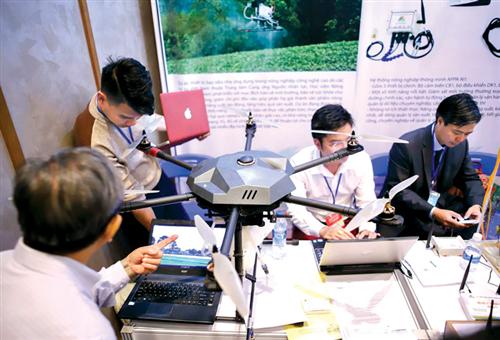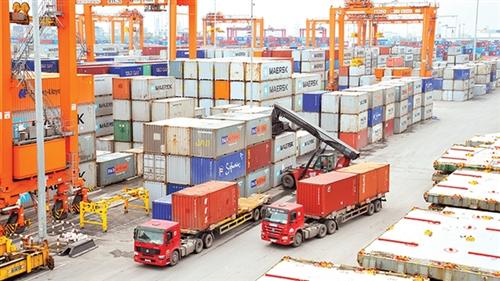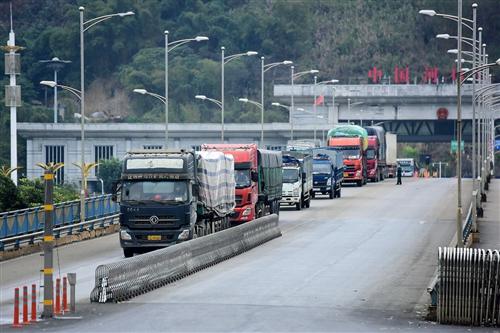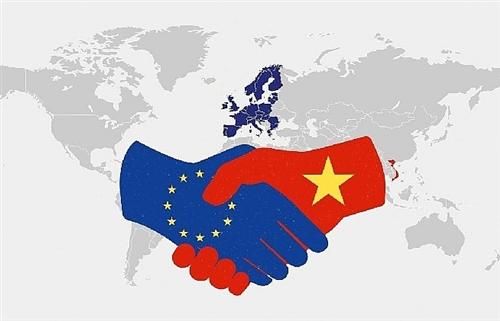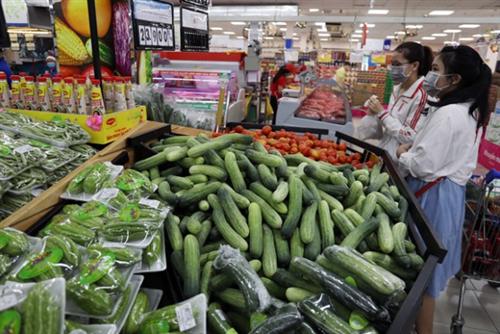Assessments required to halt coronavirus business impacts
Assessments required to halt coronavirus business impacts
Despite a rather small number of infections, the novel coronavirus outbreak is also affecting Vietnam. Trent Davies, international business advisory manager from consultancy firm Dezan Shira & Associates, writes about how the epidemic will impact the local economy.

Trent Davies, international business advisory manager from consultancy firm Dezan Shira & Associates
|
The novel coronavirus (COVID-19) outbreak has had negative impacts on the Vietnamese economy. The key difficulties that have arisen are supply chain disruptions, labour shortages, and changes to consumer behaviour. Businesses in many industries have begun to face initial pressure in the first quarter. We expect this to continue over the next quarter, if not for longer.
The Vietnamese tourism industry will be hit particularly hard as China is the largest market for outbound travel in the country, accounting for one-third of international visits to Vietnam. Tourism operators such as Vietravel, Saigontourist, and Hana Travel have recorded significant loss of revenue due to trip cancellations and travel restrictions.
In particular, Vietnam’s coastal tourist destinations like Nha Trang will be affected significantly as Chinese tourists account for more than 70 per cent of foreign visitors to the province, according to Khanh Hoa Department of Tourism. Many hotels have also received a significant number of cancellation requests recently from all segments including tourist groups, business, and independent travelers.
Furthermore, hotel and resort projects under construction by large investment funds and developers are also being put on hold, as many Chinese laborers are not permitted to re-enter Vietnam. The cash burn rates on these projects will hurt investors the longer the situation continues.
Impact on manufacturing
In the Vietnamese industrial sector, major concerns are disruptions to supply chains caused by labour shortages in China. These labour shortages are being caused due to the extension of the Lunar New Year holiday, travel restrictions, and city lockdowns. If the factories stop production for an extended period, it will heavily impact supply chains and the flow of materials.
In fact, the disruption to China’s operations has already impacted businesses’ ability to obtain goods and materials throughout the ASEAN. Vietnamese businesses will not be an exception. If your Vietnamese business is sourcing from China, we strongly recommend frank discussions with your suppliers over the situation. Factories in China are expected to start opening again this week – although there are regional variations across the country. However, regional travel restrictions still in place mean that some employees will not be able to return immediately. If you are unsure about the situation in China and what your Chinese supplier can deliver, the best solution is to contact a consultancy who can help liaise with our Chinese colleagues to get you the latest updates on factory re-openings. Now is an ideal time to conduct a health check on your business to assess potential risks and impacts. If you do not have business continuity plans already in place or updated, it is very important that you consider any potential changes in the current situation and be prepared in the event the situation worsens.
In terms of human resources, it is important for investors in Vietnam to be prepared should the outbreak worsen. This includes having a thorough understanding of employee and employer rights and being prepared to be understaffed. The immediate impact will be the possibility of staff being unable to return to work or choosing to work from home. In Vietnam, given the school closures, employers need to be much more flexible for staff with children. Companies can help to prevent the spread of the disease by promoting hygienic information, such as the regular washing of hands, and the disabling of machinery such as fingerprint scanners at this time.
Impact on FDI
Last year, foreign direct investment (FDI) pledges to Vietnam surpassed $38 billion, marking a decade high and an on-year increase of 7.2 per cent. The disbursement of FDI increased 7 per cent to $20.38 billion, according to Vietnam’s Ministry of Planning and Investment.
In January 2020, Vietnam’s FDI pledges, including newly-registered, newly-added, and stake acquisition reached $5.3 billion, representing a remarkable 179.5 per cent on-year increase. FDI disbursement saw an increase of 3.2 per cent from a year earlier, recording $1.6 billion in capital. The statistics imply very positive signs to Vietnam’s FDI in 2020.
However, as China, Hong Kong, Singapore, South Korea, and Japan are facing serious issues related to COVID-19, it seems likely that FDI into Vietnam may be delayed during this period. While it may be delayed, it is unlikely to be scrapped. In our assessment given Vietnam’s continued development as a promising investment destination, once the virus is under control, we will continue to see strong growth in FDI.
We recommend investors remain cautious and informed. During this period many necessary steps for investment can be handled from businesses such as ours, who remain on the ground.







